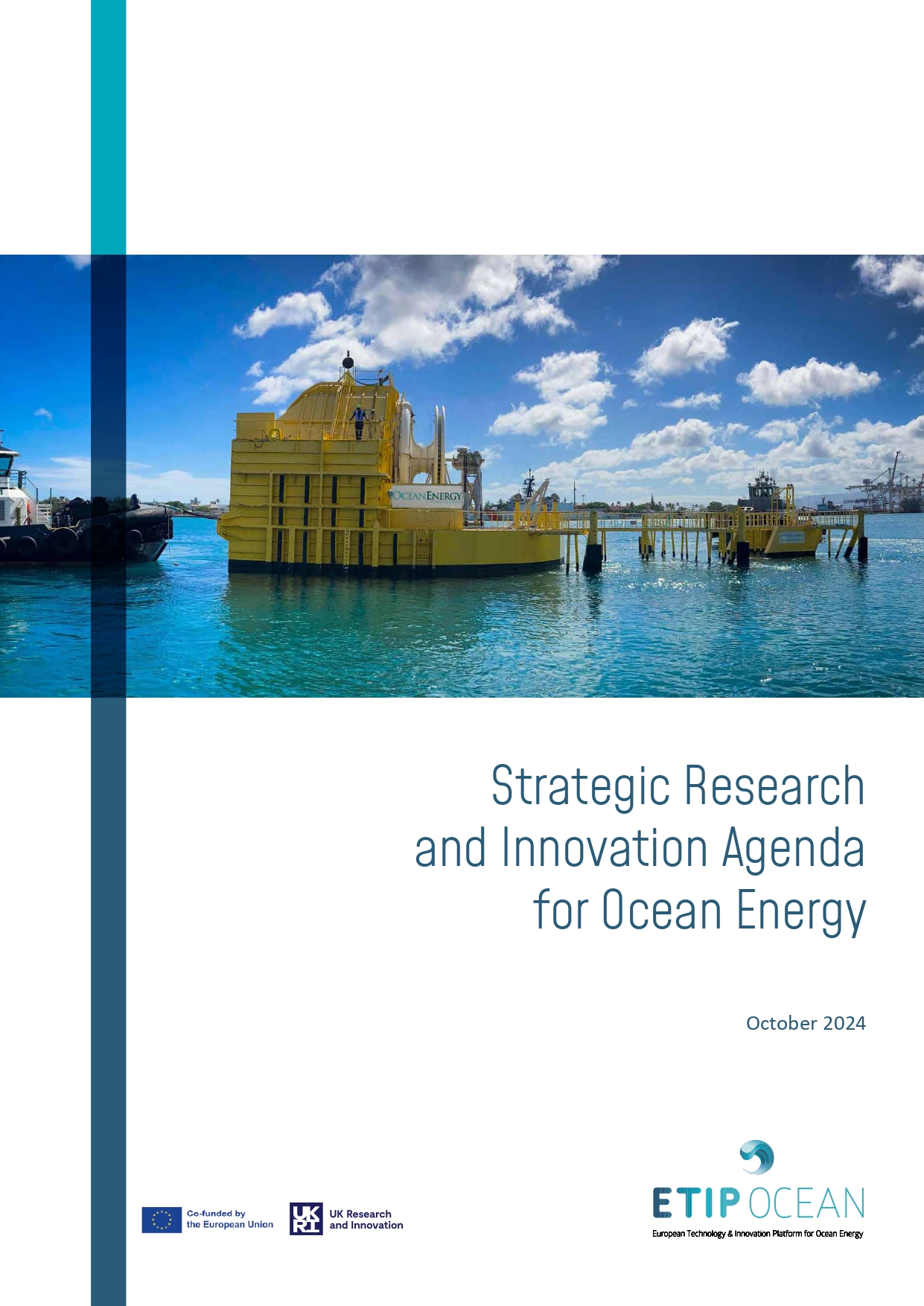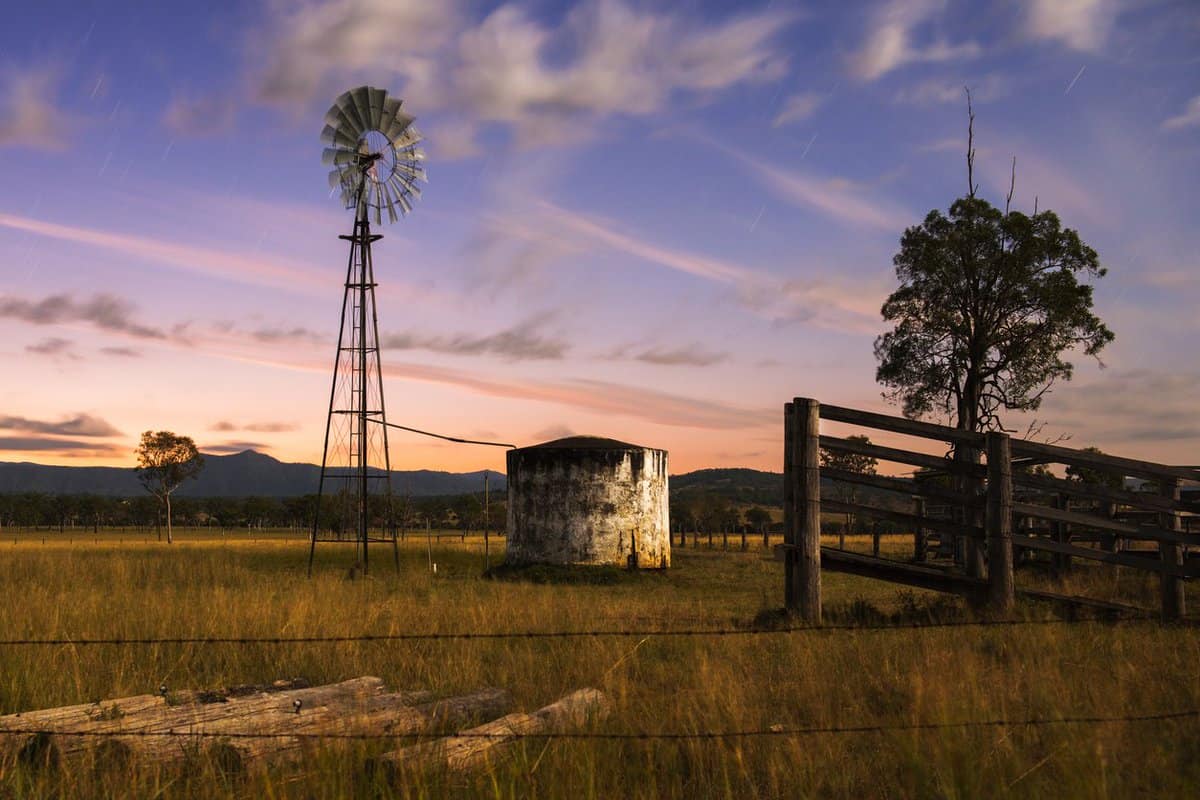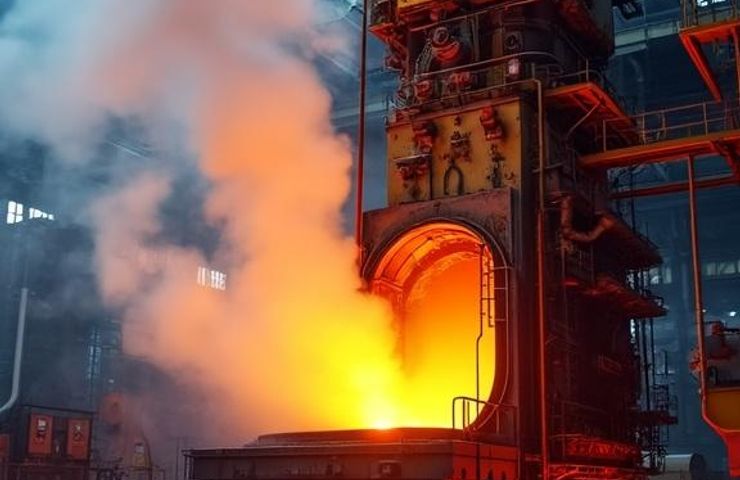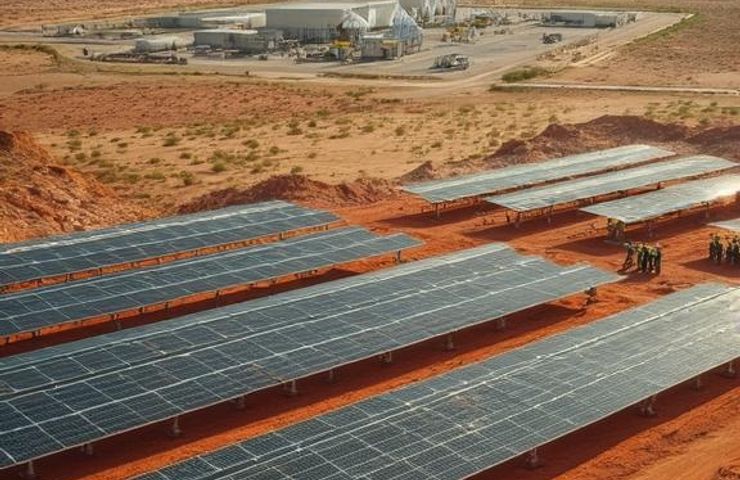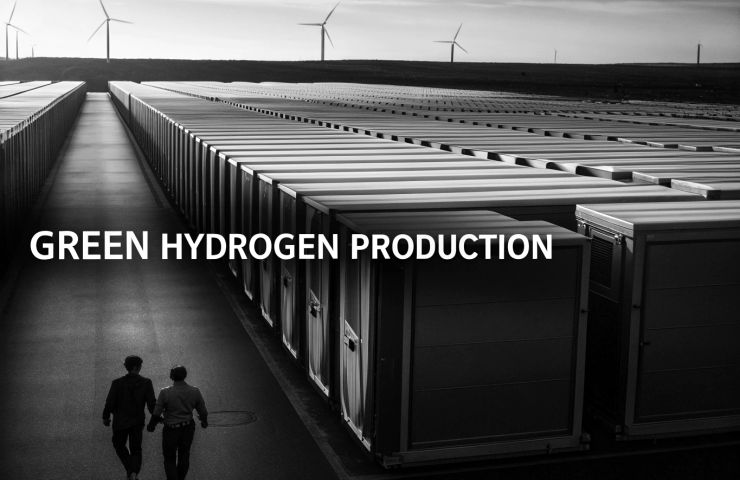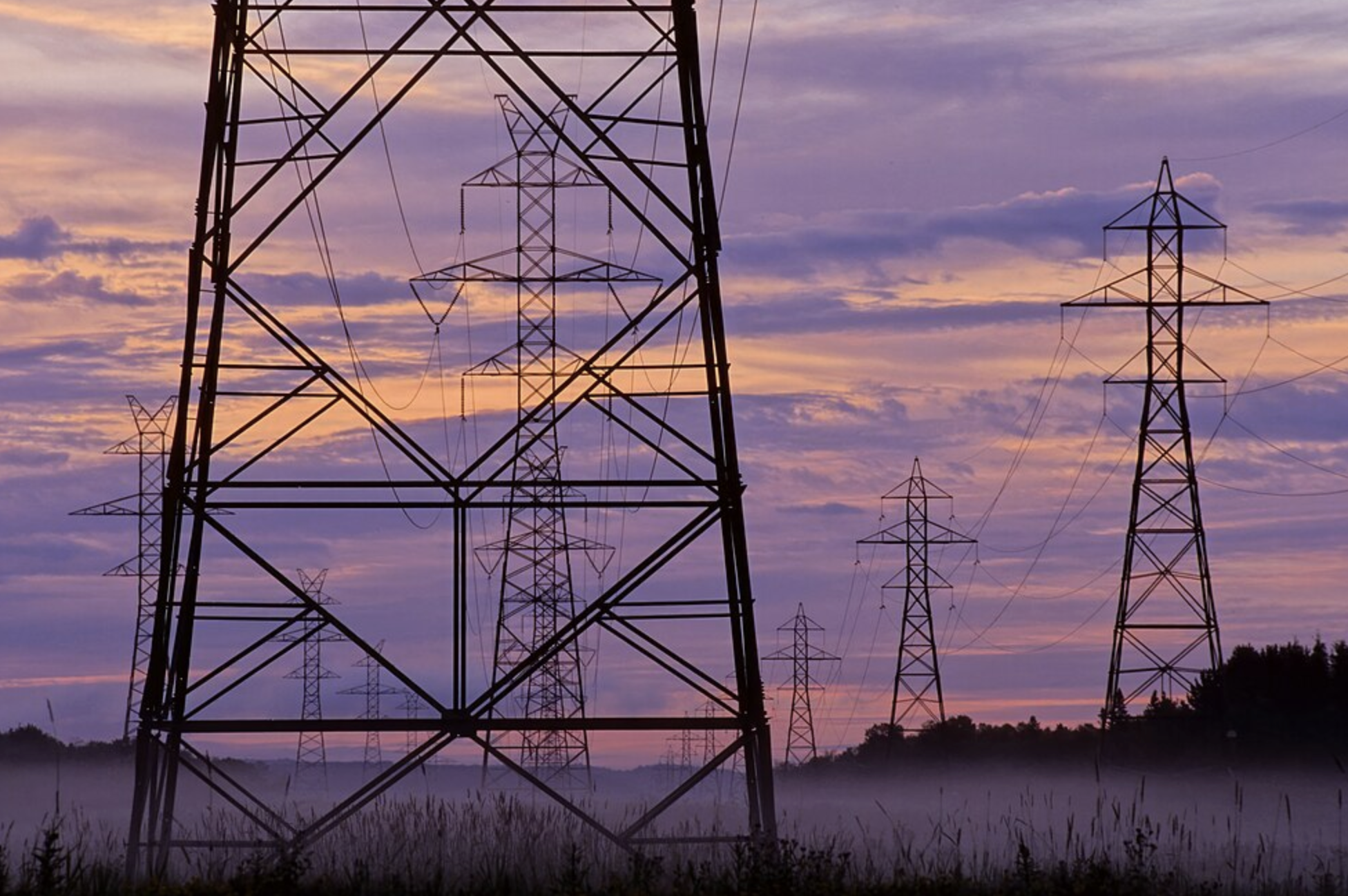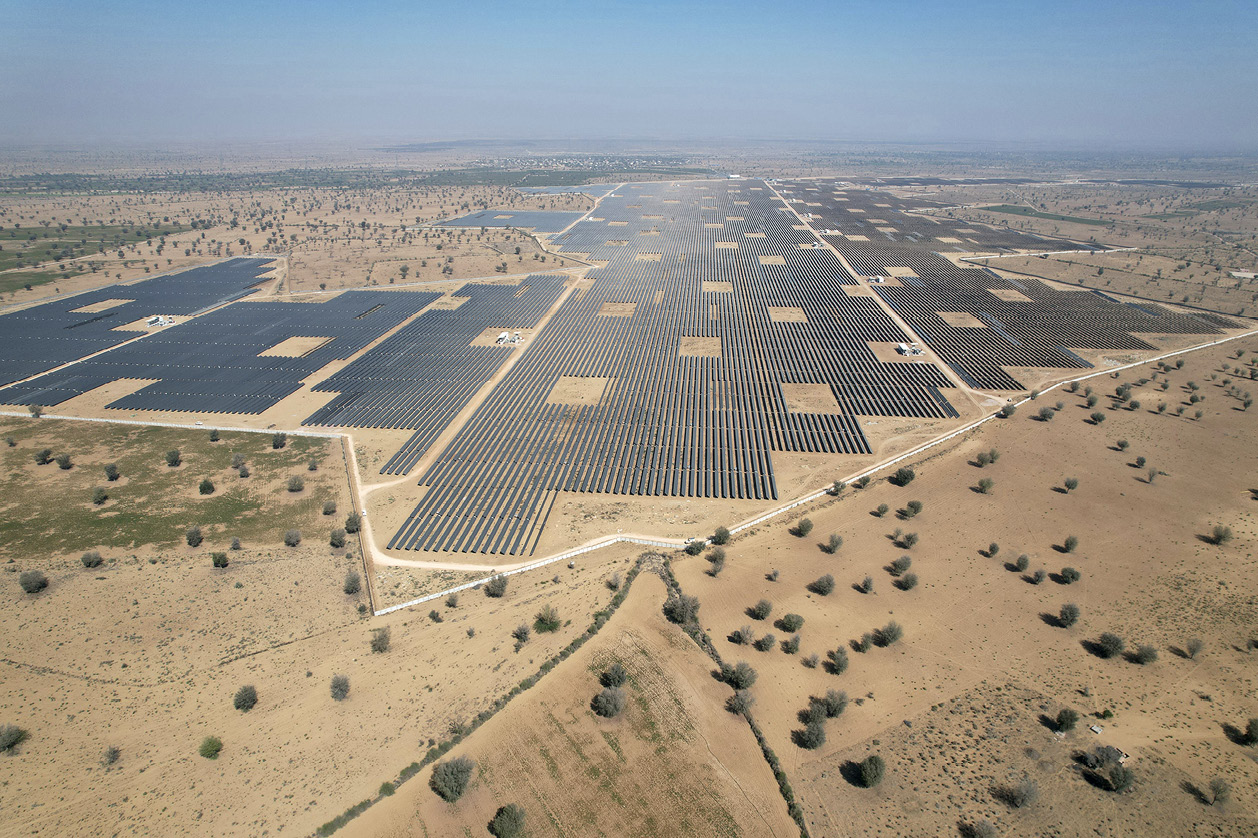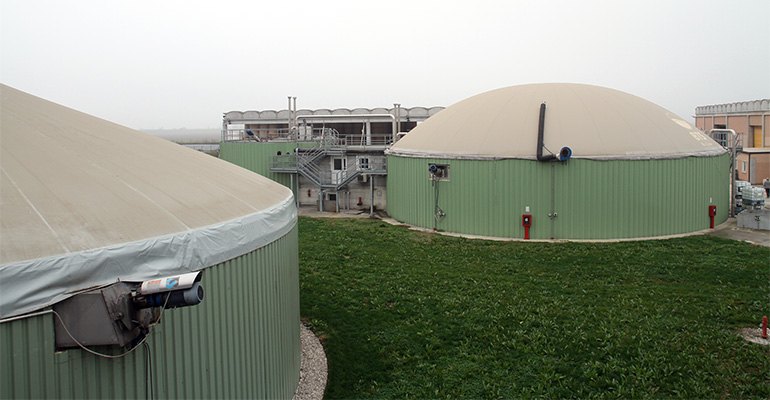RHO Heads of Bill welcomed, but fundamental issues need clarification – IrBEA
In Ireland, the publication of the Heads of Bill for the proposed Renewable Heat Obligation (RHO) has been welcomed by the Irish Bioenergy Association (IrBEA). However, there are fundamental scheme design items that must be urgently clarified and confirmed to encourage investment in indigenous fuel production and for the obligation scheme to achieve its stated objectives.

Ireland is the worst-performing member of the European Union (EU) in the deployment of renewables in heating. The proposed Renewable Heat Obligation (RHO) can provide an opportunity for the development of the solid biomass, bioliquid, and biogas/biomethane (aka renewable natural gas – RNG) sectors.
The publication of the RHO Heads of Bill is a welcome first step. On review of the Heads of Bill, our members are concerned about some of the fundamental design items outlined in the document, said Seán Finan, CEO of IrBEA.
According to Seán Finan, these concerns include:
- The obligation rate is only set for the first two years. This provides no investment certainty for renewable fuel producers, particularly the biomethane sector. The long-term ambition of the obligation scheme must be confirmed now rather than in year three, as indicated. At a minimum, the Government must immediately publish the obligation rate for 2030 and the projected ambition beyond this. Without the obligation rate ambition outlined, there is “no incentive for obligated parties to enter into contractual arrangements for the supply of renewable fuels with producers, thus not providing any investment certainty.”
- The Heads of Bill do not outline how the Government intends to “meaningfully address” the issue of fraud-prone liquid biofuel imports from non-EU unsupervised supply chains, fulfilling the obligation. IrBEA highlights that this fuel is currently having a “devastating impact on indigenous biofuel and biogas/biomethane production under the Renewable Transport Obligation Scheme (RTFO), and must be addressed in the RHO primary legislation.”
- The additional renewable energy certificate, equal to 0.5 of an RHO certificate, for biomethane produced in the state is inadequate to create a level playing field for indigenously produced biomethane over imported renewable gas and to incentivise the use of Irish biomethane over imported biomethane, under the obligation scheme.
It is disappointing that the Government has chosen not to meaningfully address the concerns raised regarding imports in the high-level design of the RHO. This item needs to be considered and urgently addressed in the drafting of the primary legislation for the RHO. The Government cannot simply leave the liquid fuel imports issue in the hands of the EU to address, but must take responsibility and implement its own measures and controls, said Seán Finan.
In December 2024, before the new Government was formed, IrBEA and members expressed their concerns regarding the RHO in a letter to the Secretary Generals in relevant Government Departments.
This letter was also sent to the then Taoiseach and Tánaiste. This IrBEA letter was co-signed by the main biomethane producers, biomethane developers, and bioliquid producers in Ireland.
This letter stressed the need for certainty and urgency and strongly highlighted significant industry concerns about imported bioliquids and biomethane fuels under the proposed Renewable Heat Obligation scheme.
In March 2025, IrBEA, in a meeting with DCEE, provided detailed industry analysis on the level of multiplier needed to encourage obligated parties to use Irish biomethane ahead of imported biomethane under the RHO. This analysis clearly indicated that a minimum of a 2.5 multiplier is required to create a level playing field for indigenously produced biomethane. It is very unfortunate that the Government has only indicated an additional 0.5 multiplier in the Heads of Bill. This level of additional multiplier actually questions the Government’s overall commitment to the development of an Indigenous biomethane industry and understanding of the fundamentals of the market. Any multiplier on any renewable fuel reduces the actual quantity of fuel required and needs to be offset with an increased ambition in the obligation rate to achieve the production targets set out, concluded Seán Finan.
What's Your Reaction?














